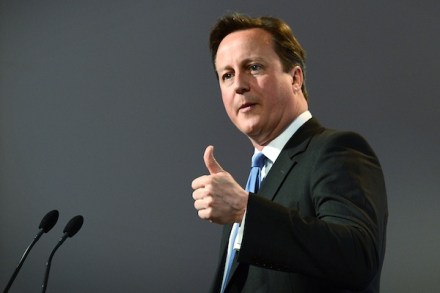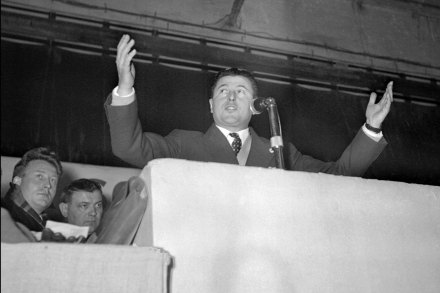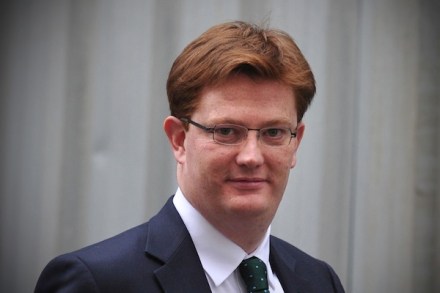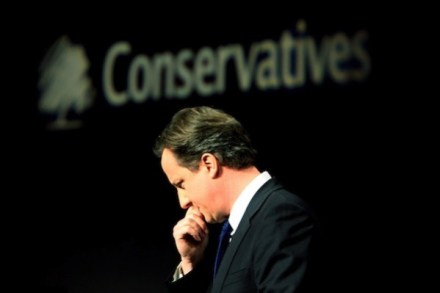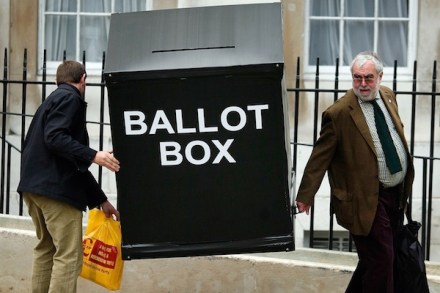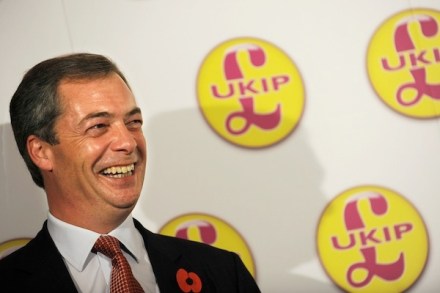David Cameron should be out there making the case for gay marriage
David Cameron’s approach to the gay marriage debate inside his own party has been to take a low profile. The passion and eloquence he displayed on the subject in his first conference speech as leader, has been replaced by a strategy of keeping his contributions on the matter to a minimum. This is, I think, a pity. There is no better Conservative advocate of the case for it than the Prime Minister. The crucial point about Cameron’s position, and why he might have been able to carry some more socially conservative minded people with him, is that he starts from the position that marriage is one of the most important,
